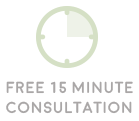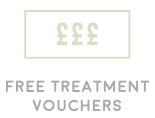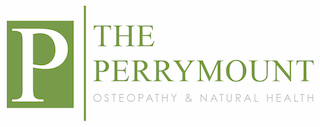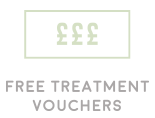Call to book or for more information 01444 410944
TENSION HEADACHES
Tension headaches, also known as stress headache are common among adults. A tension headache is described as a mild to moderate persistent tightness, band-like discomfort, or pressure along the forehead, back of the head and neck. It may start gradually, comes in the middle of the day and lasts for an hour to a couple of days. A tension headache usually has a cause, for example, a stressful day at work or long hours at a PC or on a laptop or often a sport or going to the gym.
Chronic tension headache, on the other hand, comes and disappears, but the patient continues experiencing the phases over an extended period. It usually a throbbing pain that affects the front, top, or sides of the head. Though the pain varies in severity, it is almost always present. Vision, balance and strength are not affected by chronic tension headache. Tension headache does not usually affect the day to day activities of a person.
Your osteopath will try to understand why you have chronic headaches by understanding your lifestyle and the headache trigger.
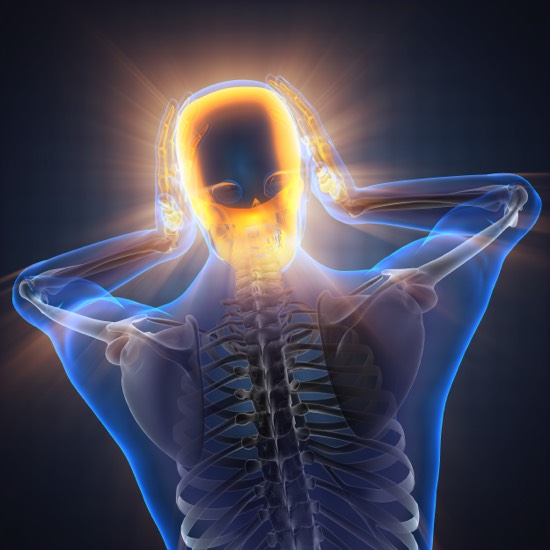
Causes of tension headaches
Currently, there is no one particular cause for tension headache. A combination of factors has been implicated. Tension headache is not hereditary. Most commonly, tension headache is caused by tense muscle of the back of the neck and scalp. This muscle tension is brought about by;
- Lack of adequate rest
- Poor posture
- Overexertion
- Mental and emotional stress like in depression, anxiety, fatigue, hunger and even food intolerance.
For the purpose of this article, we will be focusing on the tension headache that is caused by poor posture and tension in the neck.
Poor posture results in pressure in the upper part of the back, neck and shoulders that cause tension headache. The throbbing pain often radiates to the base of the skull, and most times extends into the face and forehead. The factors that contribute to a poor posture-causing tension headache are;
- Overly tight muscle tone
- Stress
- High-heeled shoes changing posture
- Poor posture such as “hunching” over
- Poor posture sitting at a desk
- Environmental factors, like food intolerances
Symptoms of tension headache
- Dull head pain
- Pressure around the forehead
- Tenderness around the forehead and scalp
Diagnosis of tension headache
All our osteopaths are able to diagnose tension headache from case history taking and also importantly palpating the tension in your shoulders and neck. Many patients have already visited their doctor first (you don’t have to) and osteopaths are trained to know whether to advise you do visit your GP if you haven’t done so already. A GP may advise neck X-rays or MRI scans.
Treatment of tension headache
Treatment of tension headache can be pharmacological (pain killers) and non-pharmacological treatment which is what we specialise in as osteopaths.
Pharmacological treatment
Analgesics, muscle relaxants and antidepressants are groups of drugs prescribed by the doctor to relieve tension headache.
Non-pharmacological treatment:
How osteopathy can help tension headaches
Your osteopath at The Perrymount will be able to examine you to discover the muskulo-skeletal issue that are to blame for your tension headaches. Osteopathy can treat the muscles, ligaments and joints of the spine, particularly the neck, when it comes to tension headaches, but the issue could equally be between your shoulders blades, in your low back or from your feet or jaw!
Very often tight shoulder muscles are pulling on the head causing the pain. These can easily be released with osteopathic techniques, which can include massage and “clicking” or manipulation. Osteopaths are very flexible with their treatment techniques and if you prefer gentle treatment with no clicking or deeper release with clicking that is totally fine, we will cater for everyone.
Cranial osteopathy is an extremely gentle branch of osteopathy that can also be used to great effect.
All our osteopath’s will advise on how the PREVENT tension headaches reoccurring.
Advice may include:
• Appropriate daily exercise that is suitable and correct for you
• Getting enough sleep
• Reducing your stress and tension levels
• The correct use of hot or cold compresses to the muscles of your neck, shoulder and your back to relax them. We will tell you which is best for you.
• Stretching exercises prescribed for you personally
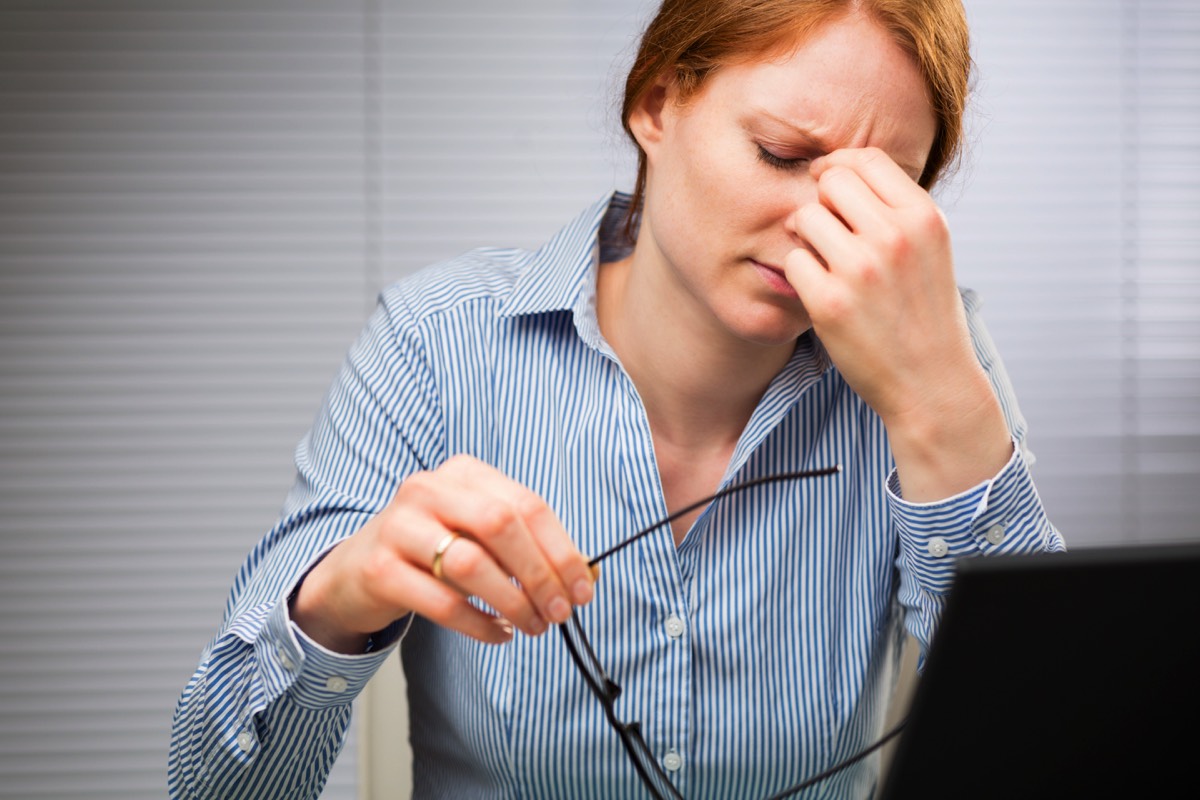
Prevention of tension headache from poor posture
Sitting or standing for long periods can aggravate tension headaches. When sitting on a chair, make sure your buttocks touch the backrest of the seat and straighten your back, resting it comfortably on the backrest of the seat. Ensure that your feet touch the floor or the footrest. Do not cross your legs. Keep your knees at the same levels with your hip. If this is not possible, elevate your knees by placing the foot on a stool. Leave a space between the back of the knee and the front of the seat. Do not tense your shoulders. Rest your arms on the armrest to form a parallel line with the floor. Your body should be kept straight, your torso and neck stay in a vertical position, your thighs are kept straight horizontally and your lower legs vertical.
Your osteopath will be able to better advise you with your sitting posture and demonstrate in your treatment how you should sit and adjust your posture.
FOUNDATION TRAINING with Jacqui Black is the ultimate postural correction and rehab technique. Classes are available at The Perrymount. Click here for more details
References
Neck Pain: Check Your Symptoms and Signs - MedicineNet. (n.d.). Retrieved from http://www.medicinenet.com/neck_pain/symptoms.htm
Tension-type headaches - NHS Choices. (n.d.). Retrieved from http://www.nhs.uk/Conditions/headaches-tension-type/Pages/Introduction.aspx
Tension Headaches: Causes, Symptoms & Treatments. (n.d.). Retrieved from http://www.healthline.com/health/tension-headache
Tension headache | University of Maryland Medical Center. (n.d.). Retrieved from http://umm.edu/health/medical/ency/articles/tension-headache
If you would like to book an appoinment with one of our osteopaths please give us a call on 01444 410944 or leave us a few details below and we will be in touch with you shortly
Feel free to download any of our self-help and educational e-books, just click the link below
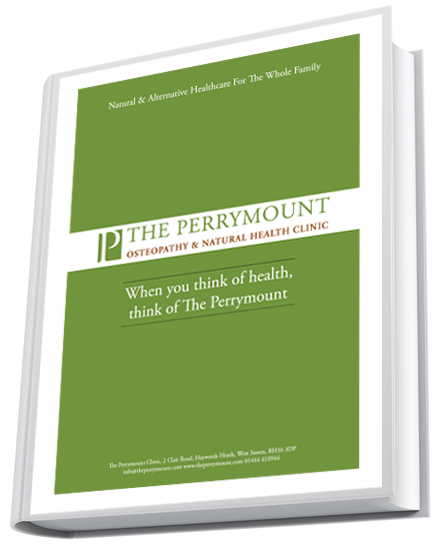
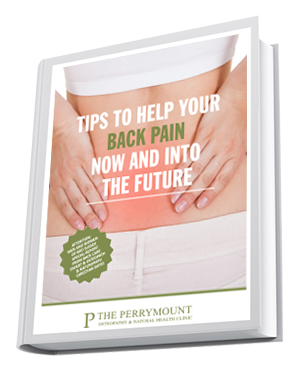
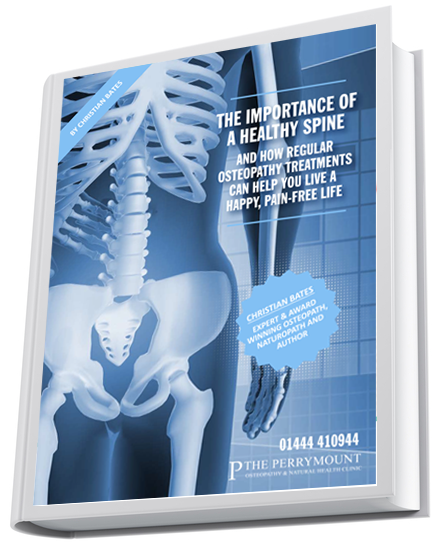
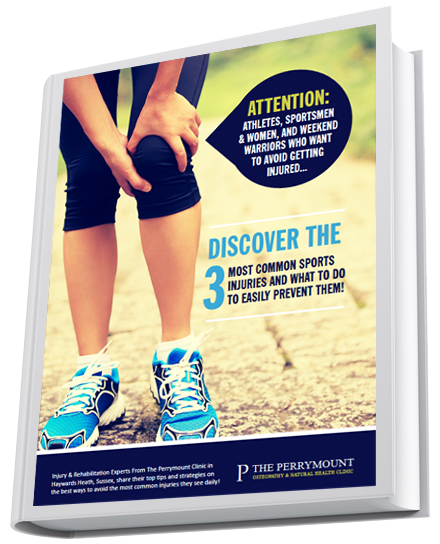
Sign up to our newsletter for 6 free health ebooks and £100 of treatment vouchers
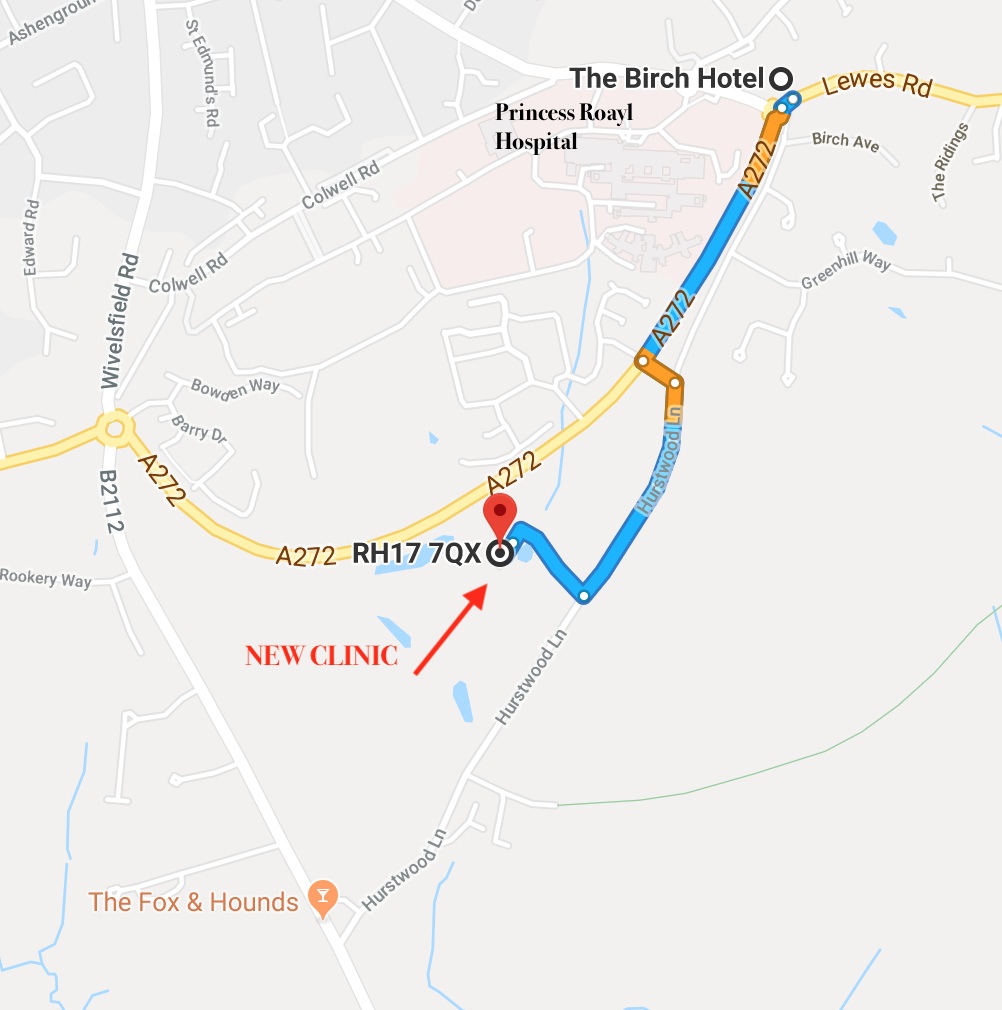
The Perrymount Clinic
Unit 5
Hurstwood Grange
Hurstwood Lane
Haywards Heath
West Sussex
RH17 7QX
01444 410944
info@theperrymount.com
